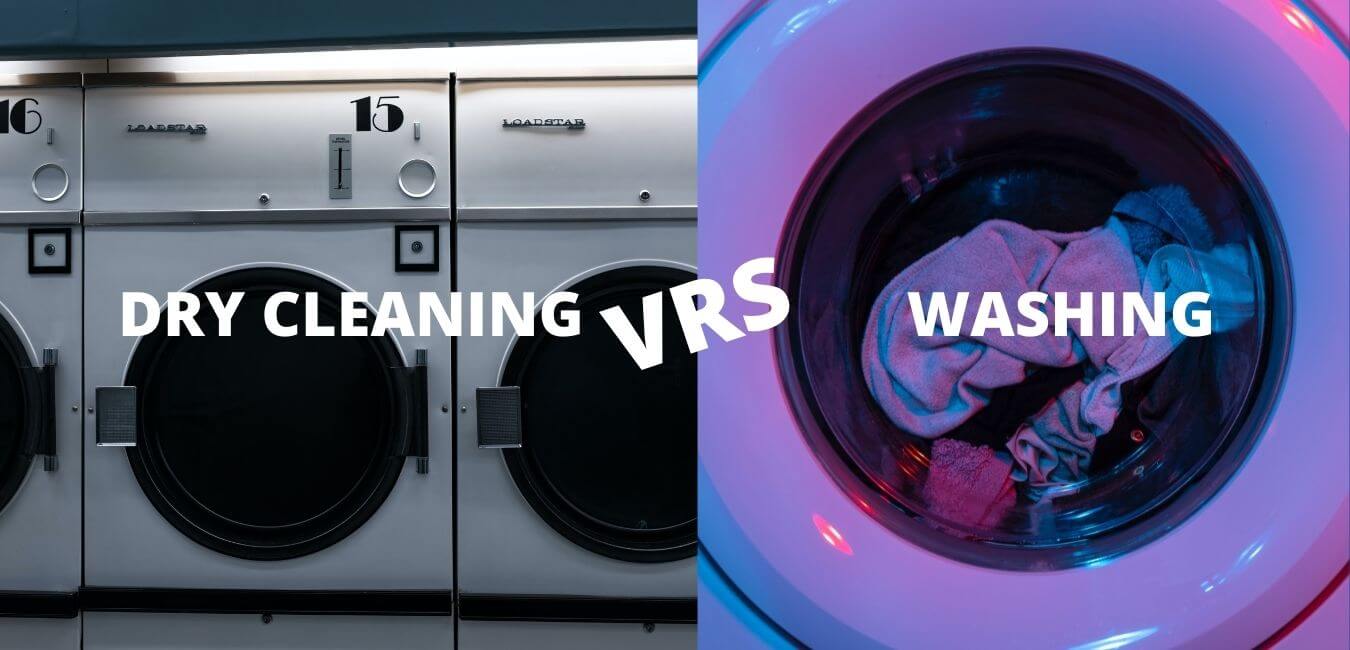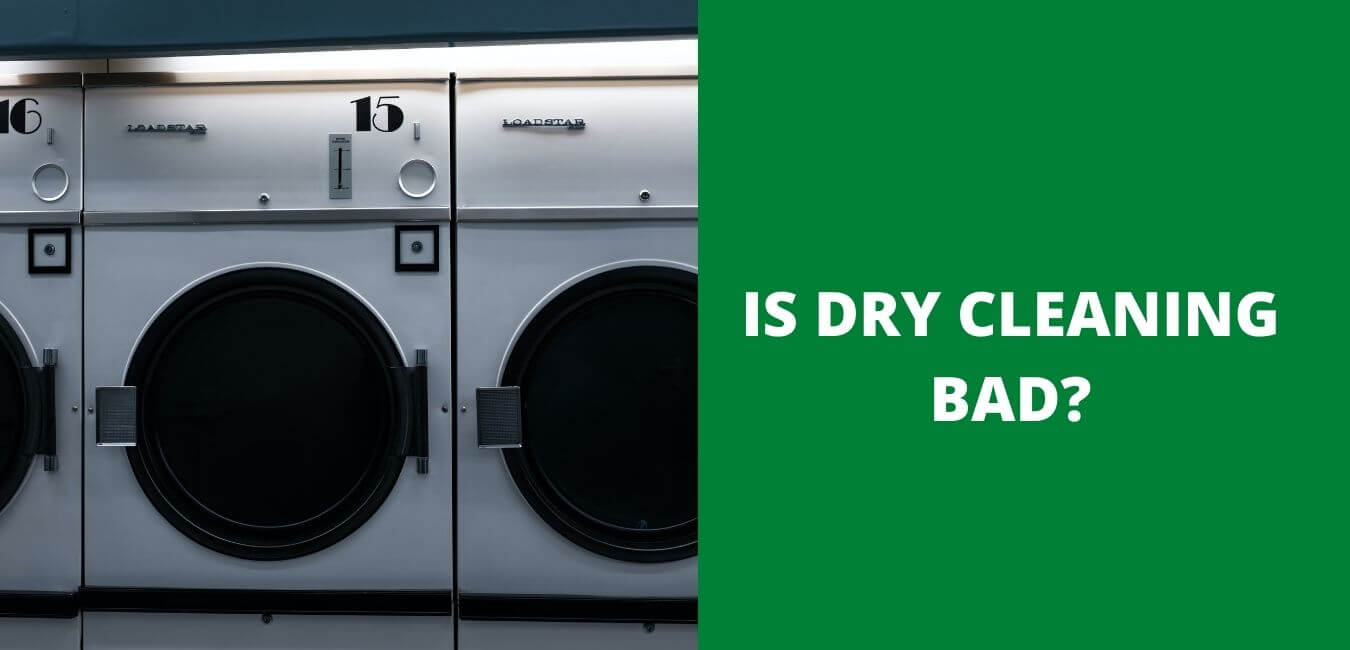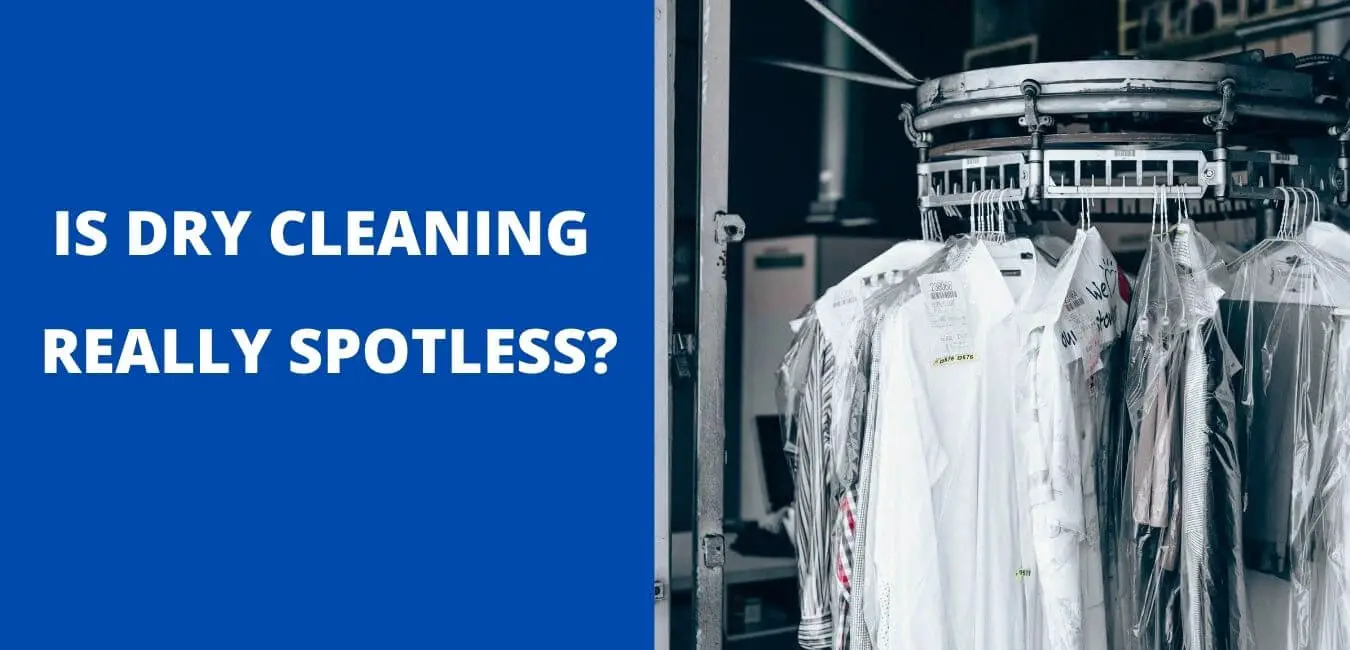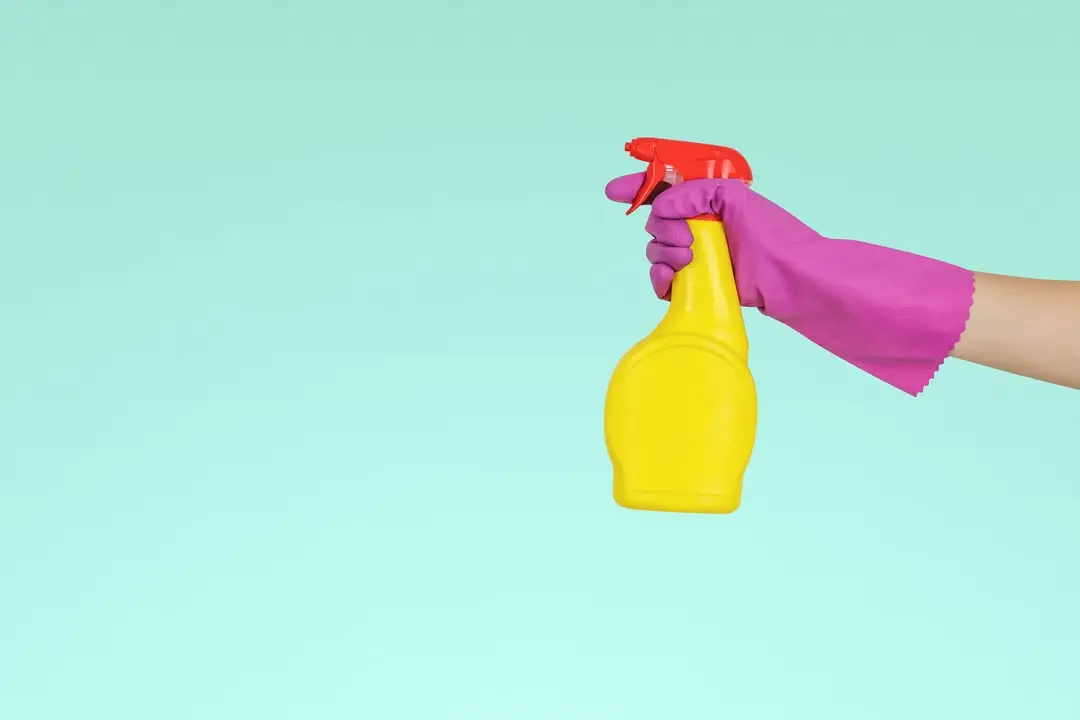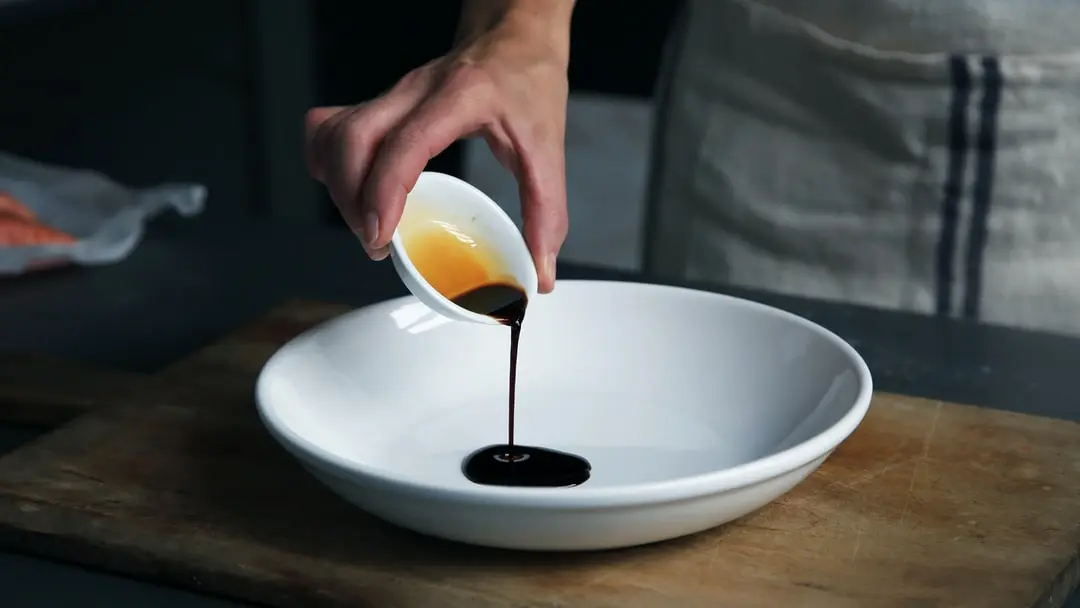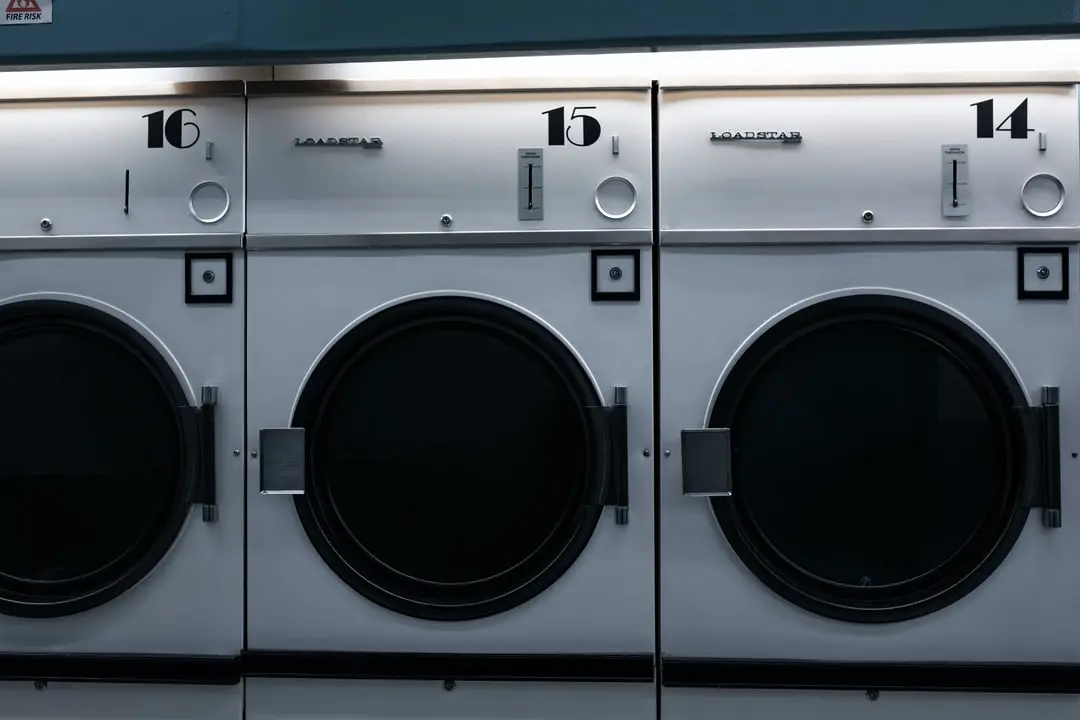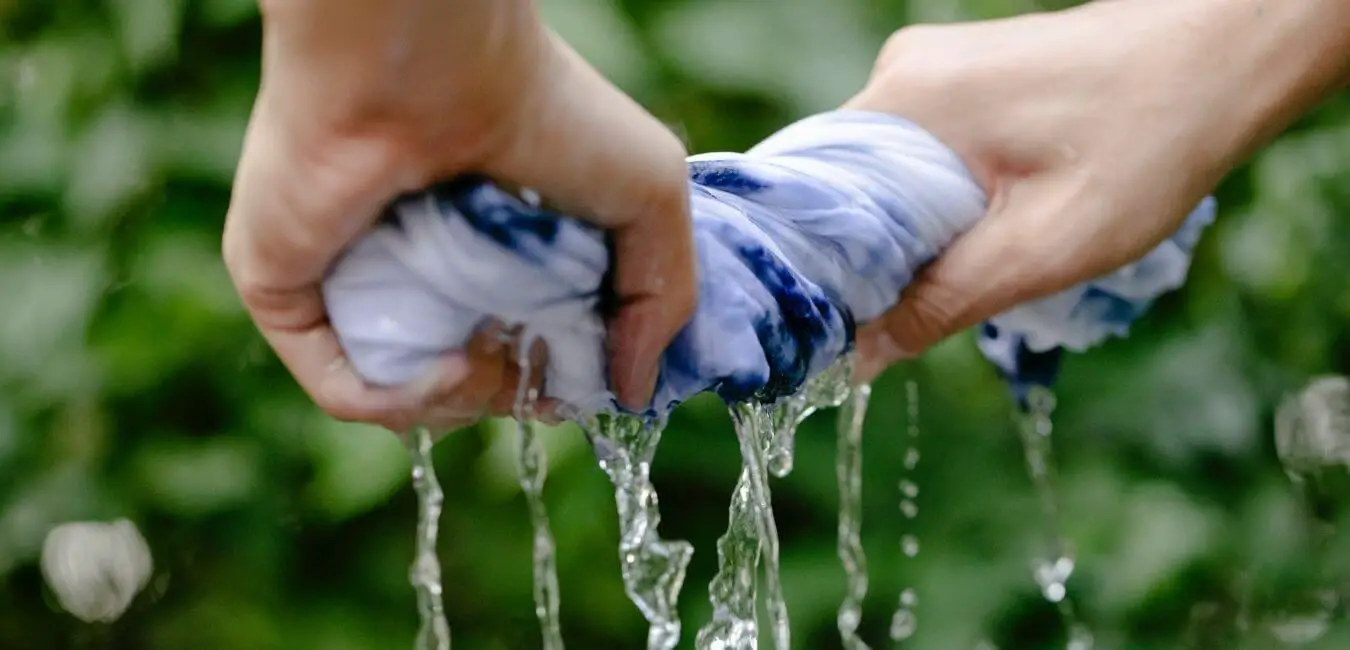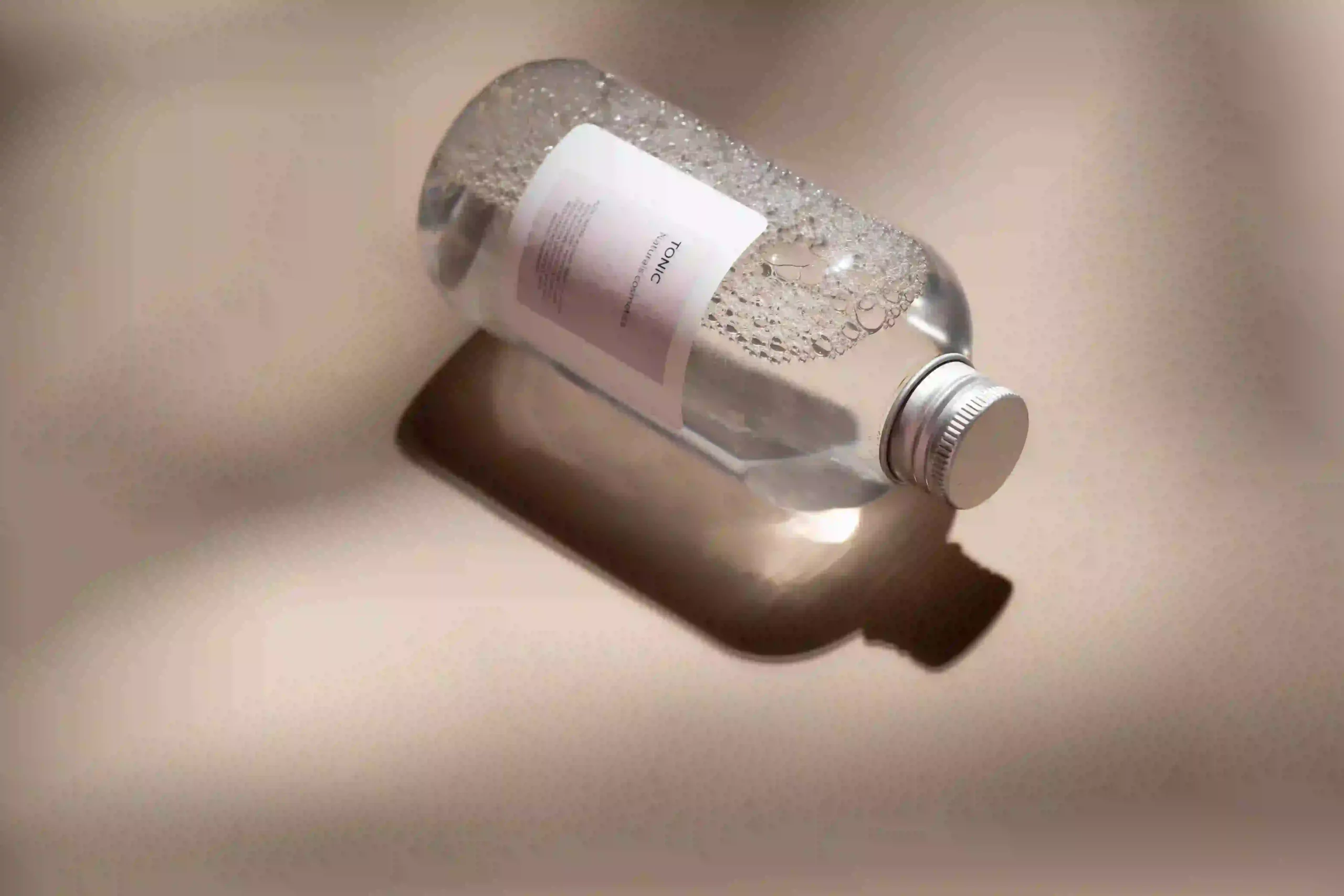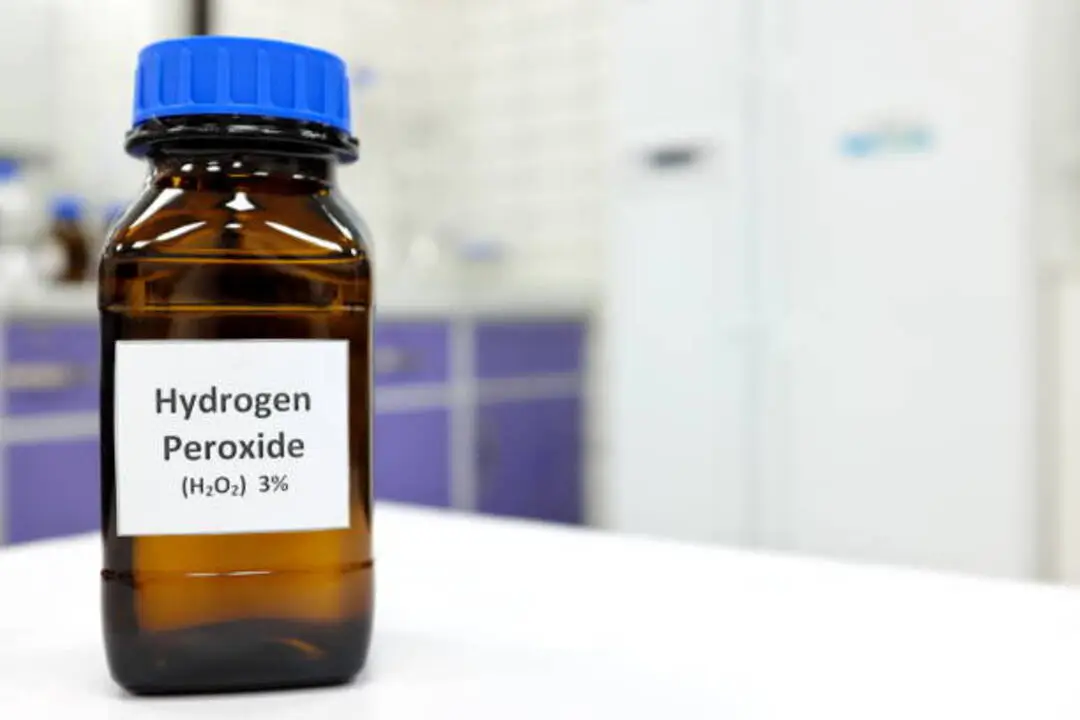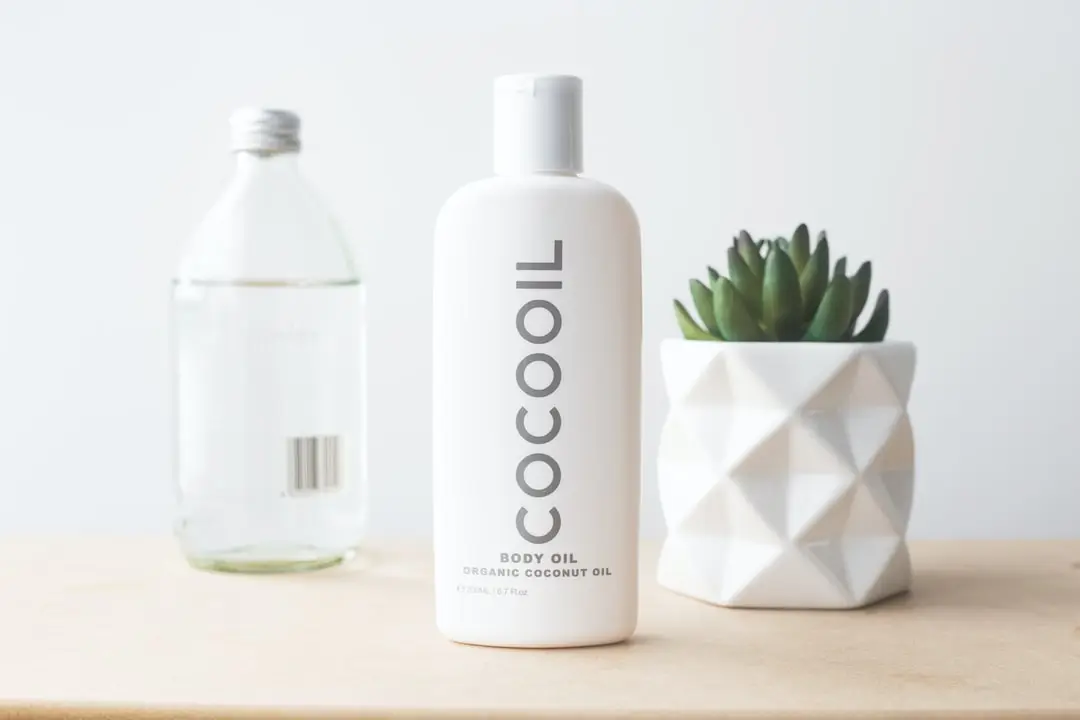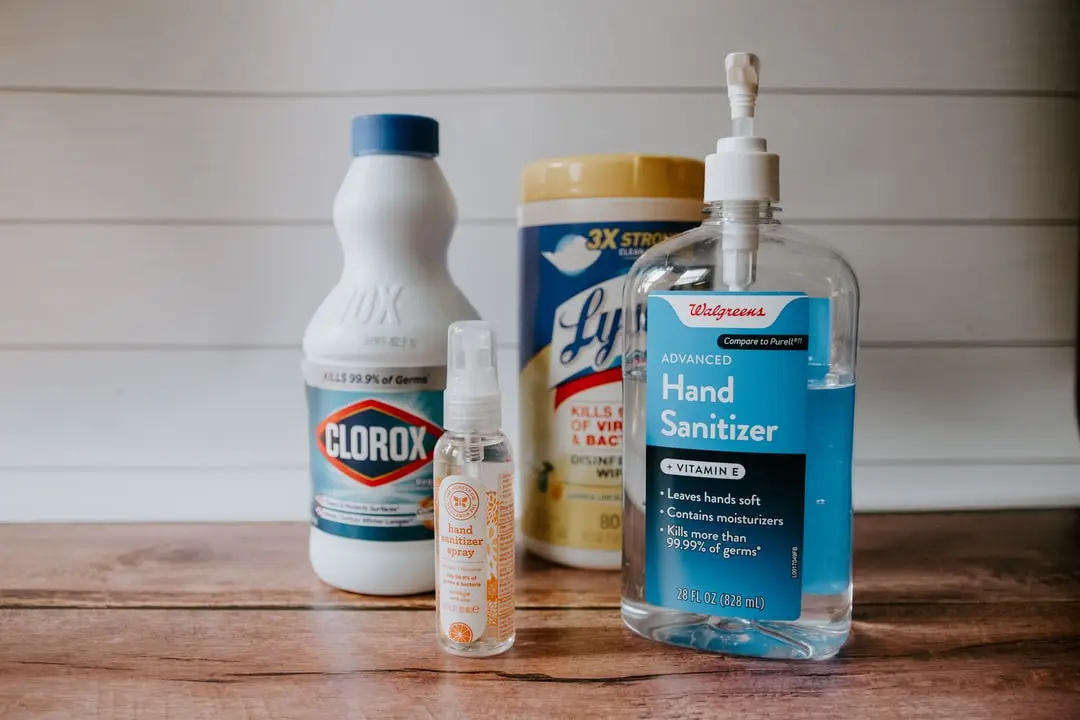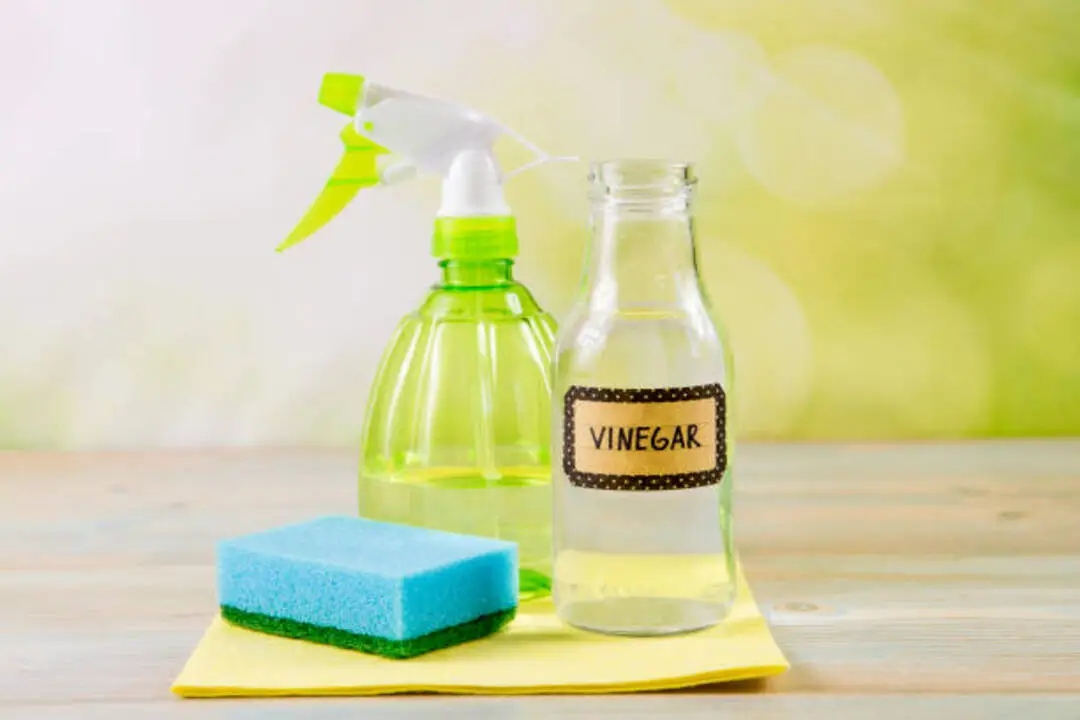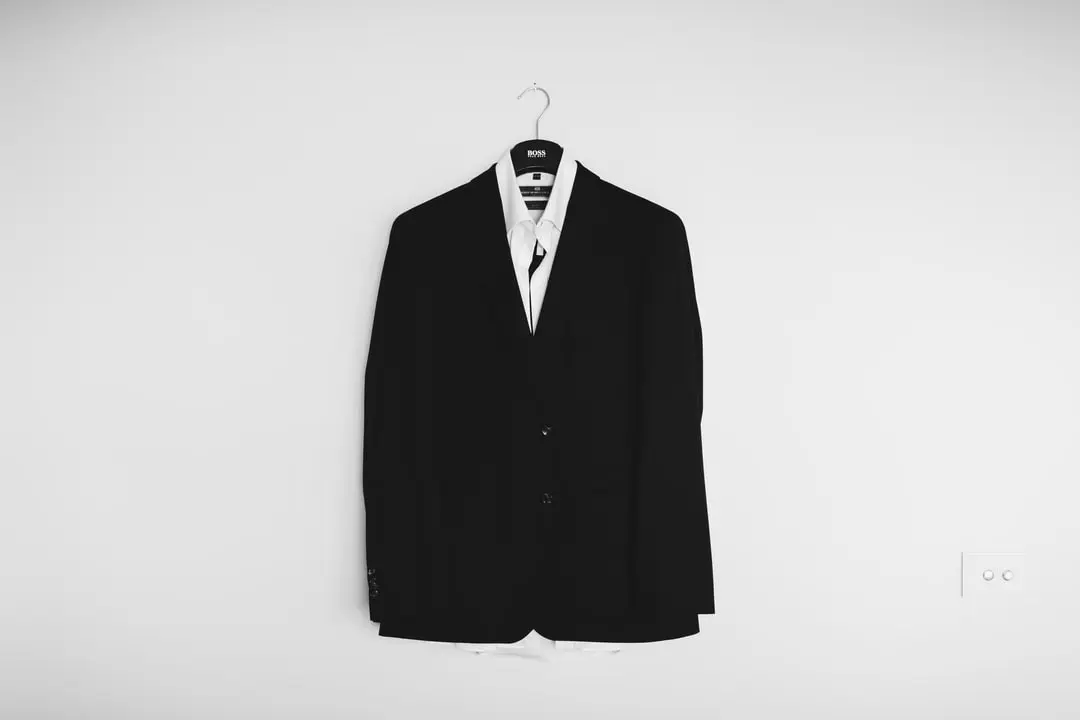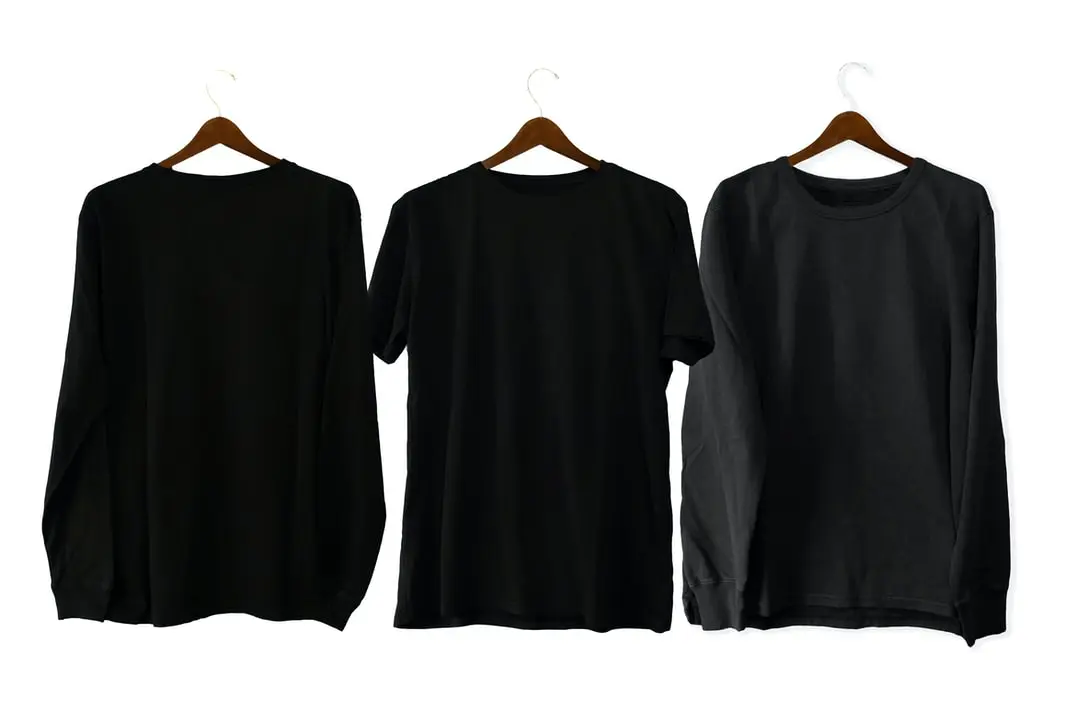Are you tired of constantly battling with hard water stains on your clothes? Does it feel like no amount of detergent or fabric softener can get rid of them? Well, don’t lose hope just yet!
Washing clothes in hard water can be a challenge, but with the right approach and a few helpful tips, you can still achieve clean, fresh-smelling laundry every time.
In this step-by-step guide, we’ll explore the best ways to wash your clothes when you have hard water. From choosing the right detergent to adjusting your washing machine settings, we’ll cover everything you need to know to tackle those stubborn mineral deposits once and for all.
So if you’re ready to say goodbye to dingy clothing and hello to crisp, clean garments that look and feel great, let’s dive in and get started!
Understanding Hard Water And Its Effects On Clothes

Hard water is a common problem in many households. It contains high levels of minerals like calcium and magnesium that can cause various effects on your clothes, such as fading colors, deteriorating fabric quality, and leaving mineral deposits. These minerals can also have negative effects on your skin. If you have sensitive skin, hard water can cause irritation and dryness.
Fortunately, there are home remedies to help combat the effects of hard water on your clothes. One option is to add a water softener to your washing machine. This will remove the minerals from the water and prevent them from damaging your clothes.
Another option is to add vinegar or baking soda to your wash cycle. Both of these natural ingredients can help soften the water and remove any mineral buildup.
Pre-treating stains and mineral deposits before washing is crucial when dealing with hard water. Mineral deposits can build up over time and leave a residue on your clothes, making it difficult for detergents to penetrate the fabric fully. Pre-treating stains with a stain remover or soaking clothes in a mixture of vinegar and warm water can help break down any mineral buildup and make it easier for the detergent to do its job effectively.
Pre-treating Stains And Mineral Deposits

Now that you understand the effects of hard water on clothes, let’s discuss how to properly wash them.
Stain removal can be tough in hard water, but there are some natural remedies that can help. For example, adding a cup of white vinegar to the wash cycle can help break down mineral deposits and remove stains.
Another natural remedy is using baking soda. Add a half cup of baking soda to your pre-wash cycle or directly into the drum with your clothes. This will not only help remove stains but also neutralize any odors caused by hard water.
When it comes to choosing the right detergent for hard water, it’s important to look for products specifically designed for this issue. These detergents contain additives that soften the water and prevent mineral buildup on your clothes.
By taking these steps and using these natural remedies, you can ensure that your clothes come out clean and fresh every time you wash them.
Choosing The Right Detergent For Hard Water
When it comes to choosing the right detergent for hard water, there’re several factors to consider.
First, you’ll need to decide what type of detergent you want to use. Powders and liquids are the two main options, with each having its own pros and cons.
Second, you may want to consider the addition of a softening agent to your detergent. These can help reduce the amount of minerals in the water, making it easier to clean your clothes.
Finally, you’ll need to decide on the right water temperature. Hot water often works best with harder water, as it can help to dissolve the minerals more quickly.
So, be sure to think about all these factors when choosing the right detergent for hard water.
Types Of Detergent
Are you having trouble washing your clothes due to hard water?
One of the most important factors to consider is choosing the right detergent for your washing machine. There are different types of detergent available in the market, and selecting the best one can be challenging.
Powdered detergents are an excellent option for washing clothes in hard water. They contain ingredients that can effectively remove stains and dirt from your clothes. However, they may not dissolve entirely in hard water, leading to residue buildup in your machine.
Liquid detergents, on the other hand, are perfect for hard water because they dissolve easily and do not leave any residue behind. They also work well with cold washes and can save you money on your energy bill. Additionally, they tend to have a longer shelf life than powdered detergents.
When choosing a detergent for hard water, it’s essential to go for one that contains softening agents. These agents help break down minerals found in hard water and prevent them from building up in your machine or on your clothes.
So next time you’re at the store shopping for laundry supplies, keep an eye out for detergents with softening agents listed on their labels.
Remember that choosing the right detergent is crucial when washing clothes in hard water. When deciding between liquid or powder detergents, consider their effectiveness in removing stains and dirt while also preventing residue buildup in your machine. Lastly, always opt for a detergent with softening agents to ensure clean clothes without damaging your washing machine over time.
Softening Agents
Now that we’ve discussed the importance of choosing the right detergent for washing clothes in hard water, let’s dive deeper into the benefits of softening agents.
Softening agents are crucial ingredients to look for when selecting a detergent for this type of water. These agents help break down minerals found in hard water, preventing them from leaving residue on your clothes and building up inside your washing machine.
There are different types of softening agents available, such as zeolites, phosphates, and citrates. Zeolites work by exchanging calcium and magnesium ions with sodium ions, making the water softer and easier to clean with. Phosphates bind with minerals in hard water to prevent them from forming deposits on your clothes or machine. Citrates work similarly by binding with calcium ions to soften the water.
By using detergents with softening agents included, you can ensure that your clothes come out clean and fresh while also prolonging the life of your washing machine.
The benefits of these agents extend beyond just removing mineral buildup; they also help keep fabrics looking brighter and feeling softer.
So if you’re struggling with hard water issues, consider switching to a detergent containing softening agents like zeolites, phosphates or citrates. You’ll notice a significant difference in how clean your clothes look and feel after each wash without worrying about damaging your machine over time.
Water Temperature
Now that we’ve covered the importance of softening agents for washing clothes in hard water, let’s talk about another factor to consider when choosing the right detergent: water temperature.
Many people assume that hot water is always better for cleaning clothes thoroughly, but this isn’t necessarily true. In fact, there are some significant benefits to using cold water instead.
Firstly, using cold water can help protect your clothes from shrinking or fading. Hot water can cause certain fabrics to break down more quickly, leading to pilling, stretching, or color loss over time. However, cold water is gentler on fabrics and can actually help preserve their quality for longer.
Secondly, using cold water can also save you money on your energy bill. Heating up the water for each load of laundry can be a significant drain on resources and contribute to a higher electric or gas bill each month. By switching to cold washes whenever possible, you could potentially reduce your energy usage and lower your monthly expenses.
Of course, there are still some pros and cons to consider when it comes to using hot water for laundry as well. Hot water is generally better at removing heavy stains or dirt buildup from clothing items. It’s also often recommended for bedding or towels that may harbor bacteria or other germs.
However, it’s important to balance these benefits against the potential drawbacks of using hot water regularly – such as higher energy costs and increased wear-and-tear on your fabrics over time.
Using Fabric Softeners And Conditioners
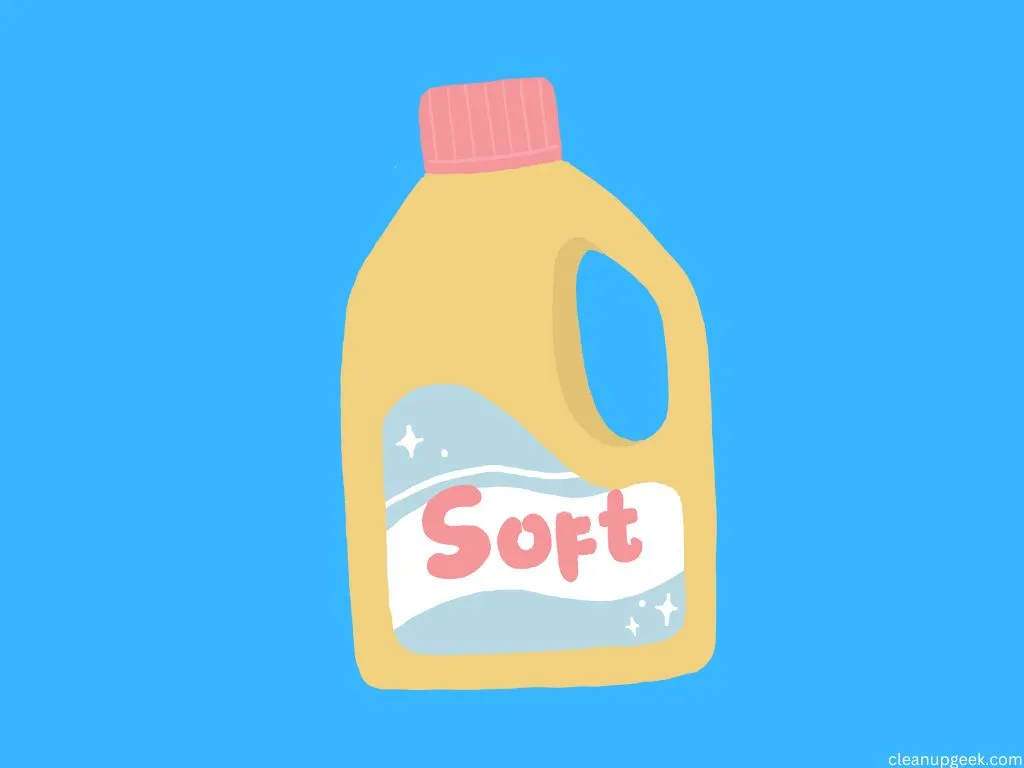
Have you ever felt the softness of freshly-laundered clothes against your skin? It’s like being wrapped in a warm embrace by a loved one. That feeling is what fabric softeners and conditioners aim to replicate.
These products work by coating the fibers of your clothes, making them smoother and less prone to static cling.
The benefits of fabric softeners are aplenty. Not only do they make your clothes feel softer, but they also help reduce wrinkles and make ironing easier. Moreover, using fabric softeners can extend the life of your clothes by preventing wear and tear caused by excessive rubbing during washing and drying.
If you’re not a fan of using fabric conditioners or looking for alternatives to them, fret not. You can use natural alternatives like vinegar or baking soda to soften your clothes.
Simply add half a cup of either vinegar or baking soda to your washing machine during the rinse cycle, and voila! Your clothes will come out feeling just as soft as if you had used traditional fabric softeners.
Adjusting your washing machine settings is also an essential step in achieving that perfect laundry day experience. By adjusting the water temperature, spin speed, and load size according to the type of fabric you’re washing, you can ensure that your clothes come out clean, fresh-smelling, and oh-so-soft.
Adjusting Your Washing Machine Settings
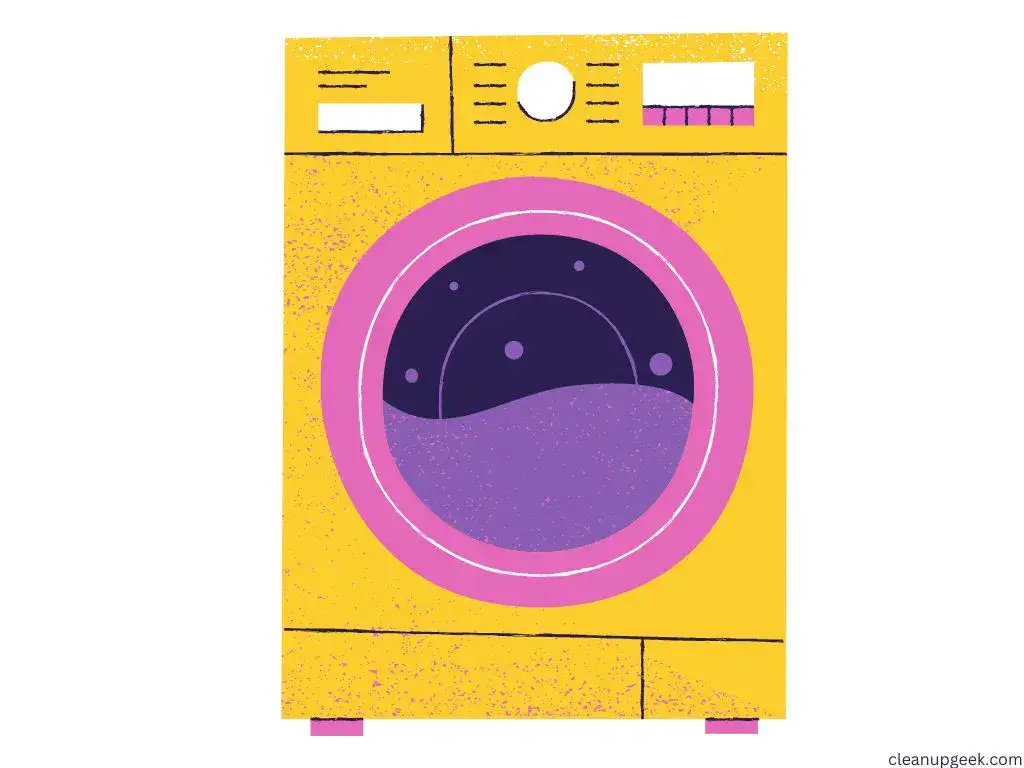
Now that you know more about hard water and its effects on laundry, it’s time to make some adjustments to your washing machine settings. By doing this, you can ensure that your clothes are properly cleaned and rinsed, without any leftover mineral buildup.
Firstly, consider adjusting the water level in your machine. Hard water requires more detergent to create suds, which means that you may need more water to fully rinse away the soap. Check your machine’s manual for instructions on how to adjust the water level – this will vary depending on the make and model of your appliance.
Secondly, consider changing the cycle duration. Longer cycles can help to break down dirt and grime, but they can also lead to excess mineral buildup if not rinsed properly. Try experimenting with different cycle lengths until you find one that works best for your needs.
By adjusting these two simple settings, you can ensure that your clothes are getting a thorough clean even with hard water.
In the next section, we’ll explore how using hot water can further improve cleaning results.
Ensuring Proper Rinsing For Residue-Free Clothes
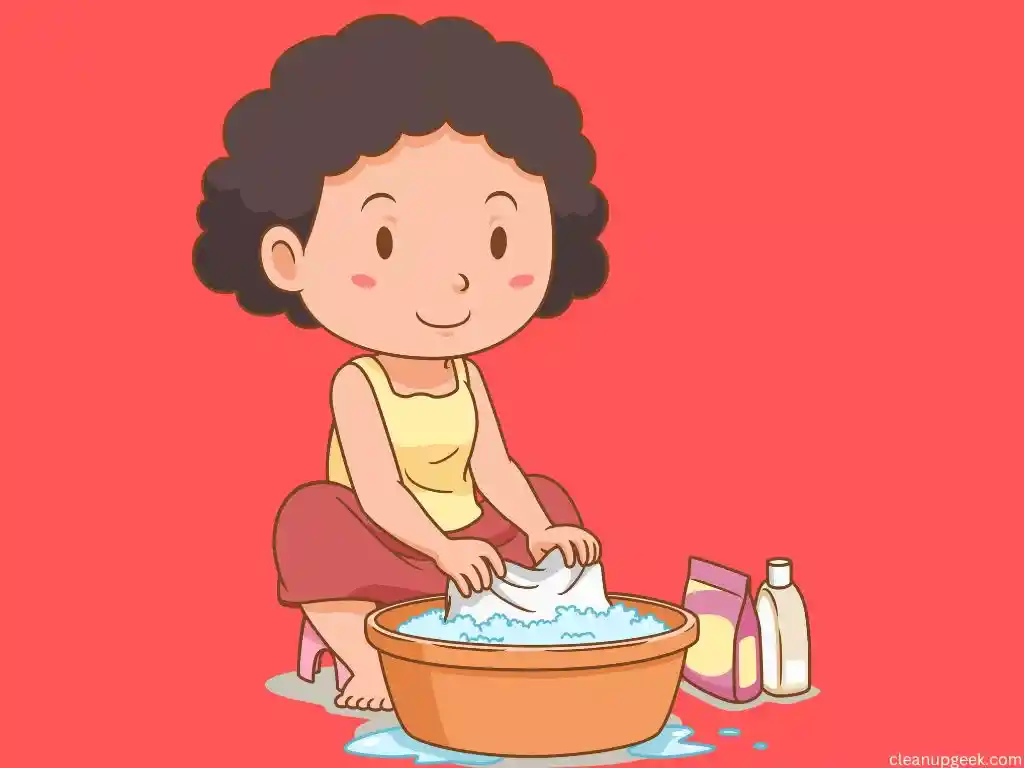
Have you ever noticed that your clothes feel rough and scratchy after washing them in hard water? This is because the minerals in hard water can leave behind residue on your clothes. Not only is this unpleasant to the touch, but it can also lead to the deterioration of your clothing over time.
To ensure that your clothes are free from any mineral buildup, proper rinsing is crucial. After washing your clothes, be sure to run an extra rinse cycle. This will help to remove any remaining soap or detergent and ensure that all mineral residue is washed away.
Water quality is not just important for the cleanliness of our clothes, but it also has a significant impact on the environment. Hard water requires more soap and energy to wash our clothes, which results in increased water usage and pollution. By taking steps to ensure proper rinsing and reducing our reliance on hard water, we can make a positive impact on both our clothes and the environment.
Transitioning into the next section about using a water softener or filter, it’s important to note that these options can greatly improve the quality of your water for washing clothes. By treating hard water before it enters your washing machine, you’ll be able to avoid mineral buildup altogether.
Let’s take a closer look at how using a water softener or filter can make a difference in achieving clean and residue-free clothing.
Using A Water Softener Or Filter
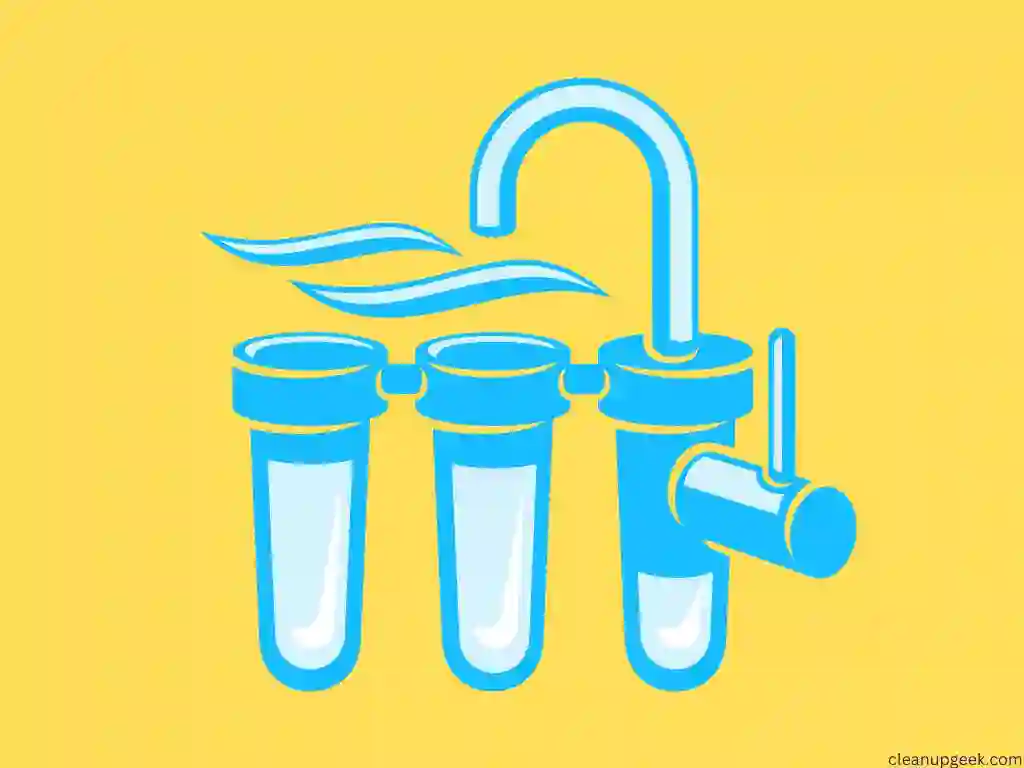
If you’ve got hard water, you’ll need to choose a water softener or filter to wash your clothes.
Make sure to pick one that’s suitable for your home.
Installing can be tricky, so you might want to get a professional to do it.
Once it’s in, you’ll need to maintain it regularly to get the best performance.
This can involve replacing filters, cleaning the softener, and testing the water.
If you’re unsure, you should consult the manufacturer’s instructions.
Taking care of your water softener or filter will help you get the most out of it.
Choosing A Water Softener Or Filter
Do you live in an area with hard water? If so, you may be wondering how to wash your clothes effectively. Using a water softener or filter can help alleviate the negative effects of hard water on your laundry.
Water softeners offer many benefits beyond just improving the quality of your laundry. They can also prevent mineral buildup in your pipes and fixtures, extend the life of your appliances, and improve the taste of your drinking water.
There are two main types of water softeners: salt-based and salt-free. Salt-based systems use an ion exchange process to remove minerals from the water, while salt-free systems use a chemical process called chelation to neutralize the minerals.
If a water softener is not an option for you, consider using a water filter specifically designed for laundry. These filters can remove minerals and other impurities from the water without requiring a full-scale softening system.
There are several types of filters available, including carbon filters and sediment filters. Carbon filters are effective at removing chlorine and other chemicals from the water, while sediment filters are designed to capture particles like sand and rust.
By choosing a water softener or filter that fits your needs, you can ensure that your clothes come out clean and fresh every time you do laundry – without worrying about the negative effects of hard water on fabric quality or color retention.
Installing A Water Softener Or Filter
If you’re tired of dealing with the negative effects of hard water on your laundry, it may be time to consider installing a water softener or filter in your home.
Not only will this improve the quality of your clothes, but it also offers many other benefits, such as preventing mineral buildup in pipes and fixtures and extending the life of appliances.
There are two main types of water softeners: salt-based and salt-free.
Salt-based systems use an ion exchange process to remove minerals from the water, while salt-free systems use chelation to neutralize them.
Both options have their own set of advantages and disadvantages, so it’s essential to choose one that best fits your needs.
Installing a water softener or filter can seem like a daunting task, but with the right tools and guidance, it’s relatively simple.
Consider reaching out to a professional for assistance or doing extensive research before making a purchase.
With soft water flowing through your home, you’ll experience numerous benefits beyond just better laundry – from improved skin and hair health to reduced energy bills.
Maintaining A Water Softener Or Filter
Now that you have installed a water softener or filter, it’s essential to keep it in good working condition. Regular maintenance can ensure that your system continues to function correctly and provide you with high-quality water.
Maintaining a water softener involves checking the salt level, cleaning the resin tank, and replacing the filter cartridge when necessary.
Installing filters is an effective way to remove contaminants from your water. However, if not maintained correctly, they can become clogged and ineffective. To maintain your filters, follow the manufacturer’s recommendations on how often to change them. You may also need to clean or replace pre-filters if they become dirty.
It’s crucial to remember that maintaining a water softener or filter is an ongoing process. Regular check-ups and cleaning can save you money in the long run by preventing expensive repairs or replacements. By taking care of your system, you’ll continue to enjoy all the benefits of soft water while ensuring that it remains efficient and effective for years to come.
Hand Washing Techniques For Hard Water

When it comes to washing clothes with hard water, hand-washing techniques are often the best solution. Hand washing allows for greater control over the amount of water and detergent used, which can help to prevent excessive mineral deposit buildup. Additionally, hand washing is generally gentler on delicate fabrics than machine washes.
When hand washing your clothes in hard water, there are a few best practices to keep in mind. First, be sure to use warm or hot water rather than cold water. Warm or hot water helps to dissolve minerals and detergents more effectively.
Next, use a high-quality laundry detergent designed specifically for hard water. These detergents typically contain ingredients that help soften the water and prevent mineral buildup.
Finally, when washing delicate fabrics by hand in hard water, take extra care to avoid damaging the fabric. Gently agitate the clothing rather than rubbing or scrubbing aggressively. Rinse thoroughly with warm water until all soap residue has been removed.
By following these simple steps, you can ensure that your clothes come out clean and fresh without suffering from the negative effects of hard water.
As important as it is to know how to wash your clothes properly in hard water, it’s equally important to know how to dry and iron them correctly as well. After all, improper drying and ironing can undo all of your hard work!
In the next section, we’ll explore some tips and tricks for ensuring that your clothes look their best even after being washed in challenging conditions like hard water.
Drying And Ironing Your Clothes

First, let’s talk about drying clothes – do you usually hang them up, or tumble dry them?
Then, when it comes to ironing, do you prefer to do it yourself or do you outsource that job?
Lastly, have you ever had to deal with washing clothes in hard water? If so, what tips do you have for getting them clean without damaging the fabric?
Drying Clothes
Are you tired of the constant buzzing sound of your dryer and the high electricity bills that come with it? Perhaps you’re also worried about the environmental impact of using a machine to dry your clothes.
Well, there’s a simple solution that will not only save you money but also give you a sense of freedom- air drying your clothes.
Air drying is an excellent option for those looking to reduce their carbon footprint and lower their energy bills. All you need is a sturdy clothesline or drying rack, and you’re good to go! Simply hang your clothes outside on a sunny day or indoors near an open window, and let nature do its job.
Not only will this method save you money, but it will also give your clothes that fresh outdoor scent.
If air drying isn’t an option for you due to weather conditions or lack of space, consider tumble drying with dryer balls. These little woolen balls help separate your clothes in the dryer, allowing hot air to circulate more efficiently and reducing static cling. Plus, they’re reusable and chemical-free, making them an eco-friendly alternative to traditional dryer sheets.
So go ahead and ditch the single-use products and embrace the freedom of sustainable laundry habits.
Ironing Clothes
Now that we’ve talked about air-drying your clothes, let’s move on to the next step in sustainable laundry habits: ironing.
Ironing your clothes not only makes them look crisp and neat, but it also helps them last longer by preventing wrinkles and creases. But ironing doesn’t have to be a tedious task. With the right techniques and tools, you can make it a breeze.
One of the best ironing techniques is to start with the lowest heat setting and gradually increase as needed. This prevents scorch marks and saves energy.
You should also iron in sections, starting with smaller areas like collars and cuffs before moving on to larger surfaces like sleeves and bodices. And don’t forget to use a pressing cloth when ironing delicate fabrics like silk or wool.
When it comes to the best ironing tools, consider investing in a high-quality iron with multiple heat settings, steam capabilities, and a non-stick soleplate. A good iron will make all the difference in achieving professional-looking results.
You may also want to add a spray bottle filled with water or starch to help smooth out stubborn wrinkles.
Incorporating these tips into your laundry routine will not only save you time and money but also give you a sense of freedom knowing that you’re making eco-friendly choices.
So go ahead and embrace the joy of perfectly pressed clothes without sacrificing sustainability!
Preventing Future Mineral Build-Up
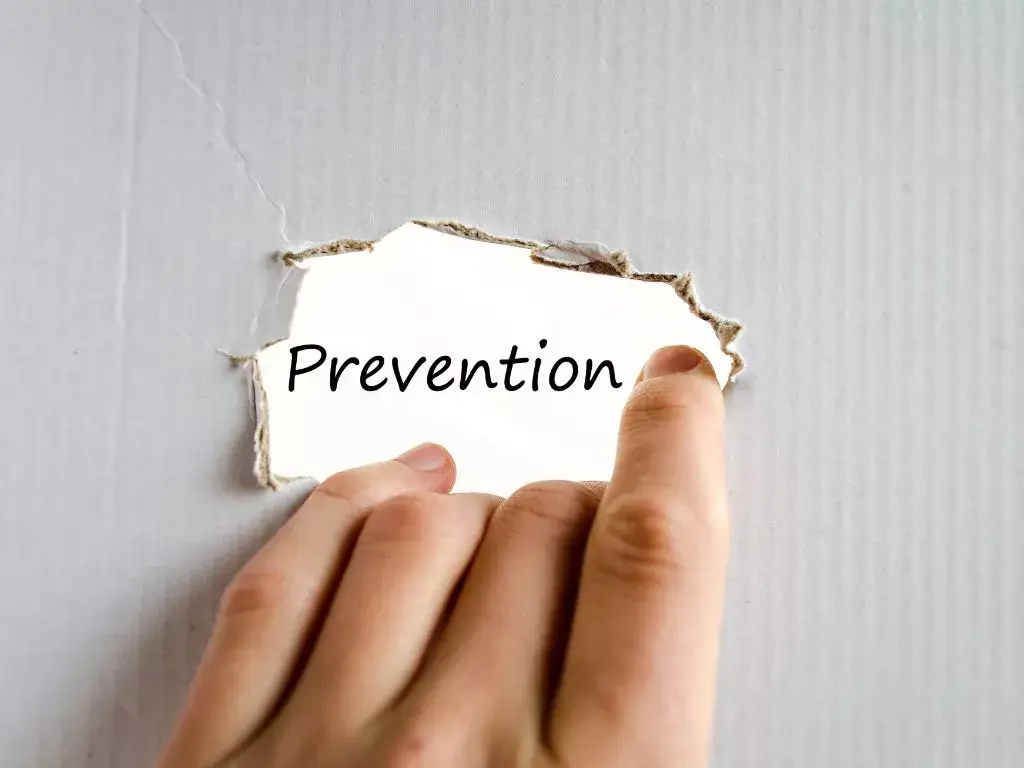
Preventing Future Mineral Build-Up:
To prevent future mineral build-up, it’s paramount to practice preventative measures. Here are some tips for avoiding fabric damage and removing buildup:
- Use a water softener: A water softener can remove calcium and magnesium ions from the water, which will prevent hard water stains and buildup on your clothes.
- Consider purchasing a whole-house water softener if you have multiple appliances that use water.
- Alternatively, use a portable water softener that attaches directly to your washing machine.
- Adjust detergent usage: Using too much detergent can cause build-up on your clothes over time. To avoid this:
- Use the recommended amount on the detergent packaging.
- Consider using a detergent specifically designed for hard water.
By following these tips, you can effectively prevent mineral buildup while also protecting your fabrics. Remember to regularly clean your washing machine and replace any worn-out parts to maintain optimal performance.
Transitioning into our next section, troubleshooting common issues with hard water washing can save you time and money in the long run. Let’s dive in!
Troubleshooting Common Issues
I’m having a lot of trouble with hard water in my home, so I’m looking for ways to remove hard water stains and soften the water.
Does anyone have any tips for treating clothes that have been damaged by hard water?
Maybe we can come up with a step-by-step guide on how to wash clothes with hard water.
I’m sure we can figure out a way to make it easier.
Let’s discuss what we can do to remove the stains and treat the clothes.
It’d be great to have a go-to guide for everyone to use.
Removing Hard Water Stains
Are you struggling to remove hard water stains from your clothes? Don’t worry, you’re not alone. Hard water can be a tough challenge for any laundry day.
But with effective techniques and some helpful tips, it’s possible to get rid of those pesky stains.
One way to remove hard water stains is by using vinegar. Mix equal parts of vinegar and water, then soak the affected area for at least an hour before washing as usual.
Another option is to use a specialized product designed for removing hard water stains. These products are widely available in stores and online, and can work wonders on even the toughest stains.
If all else fails, consider seeking professional cleaning services. Professional cleaners have access to specialized equipment and techniques that can effectively remove hard water stains from your clothes. While this may cost more than DIY methods, it can save you time and frustration in the long run.
In conclusion, removing hard water stains from your clothes may seem like a daunting task, but there are effective techniques and professional cleaning services available to help you conquer this challenge. So don’t let hard water ruin your laundry day – try these tips today!
Softening Hard Water
Now that we’ve discussed how to remove hard water stains from clothes, let’s move on to another common issue caused by hard water: the problem of softening hard water.
Hard water can cause a buildup of minerals in your plumbing and appliances, leading to reduced efficiency and increased wear and tear. Fortunately, there are several options for addressing this issue.
One option is to install a water softener. Water softeners work by removing the minerals that cause hardness in your water, leaving you with cleaner, softer water throughout your home. There are many types of water softeners available on the market, from simple ion exchange systems to more advanced salt-free options.
If you’re not ready to invest in a water softener just yet, there are also DIY descaling techniques you can try. These include using vinegar or other acidic solutions to dissolve mineral buildup in your pipes and appliances. While these methods may not be as effective as a water softener over the long term, they can help alleviate some of the effects of hard water in the short term.
In conclusion, whether you choose to invest in a water softener or try DIY descaling techniques, there are ways to address the problem of hard water and its effects on your plumbing and appliances. Don’t let hard water control your household – take action today and enjoy the benefits of softer, cleaner water!
Treating Clothes For Hard Water Damage
So you’ve taken action to address the effects of hard water in your plumbing and appliances – great job! But what about the damage it can cause to your clothes? Hard water can leave mineral deposits on fabric, causing discoloration, stiffness, and even tears. Luckily, there are steps you can take to prevent this damage and keep your clothes looking their best.
One option is to install a water softener. As we discussed earlier, water softeners remove the minerals that cause hardness in your water. This not only benefits your plumbing and appliances but also helps prevent fabric damage by ensuring that the water used in your washing machine is cleaner and gentler on clothes.
If you’re not ready to invest in a water softener, there are still ways to treat your clothes for hard water damage. One method is to add a cup of white vinegar or baking soda to the rinse cycle when washing your clothes. These natural ingredients help break down mineral buildup on fabric, leaving it softer and brighter.
Another way to prevent fabric damage is by using a laundry detergent specifically designed for hard water. These detergents contain ingredients that bind with minerals in the water, preventing them from depositing on fabric. Look for products labeled ‘hard water formula’ or ‘water conditioner’ when shopping for laundry detergent.
In summary, treating clothes for hard water damage is an important step in maintaining their appearance and longevity. Whether you choose to install a water softener or use natural remedies like vinegar or baking soda, taking action now can save you money and frustration down the line. And don’t forget – using a laundry detergent formulated for hard water can also help prevent fabric damage and keep your clothes looking their best.
Conclusion and final thoughts 💭
Despite hard water being a common issue, it should not stop you from achieving clean clothes.
Preventing mineral buildup is important when washing your clothes with hard water. This can be done by using a detergent that is specifically designed for hard water or adding a water softener to your wash.
Another factor that plays a crucial role in washing clothes with hard water is the temperature of the water. Using hot water can actually make the problem worse as it can cause minerals to bind to the fabric more easily. Opt for warm or cold water instead.
In summary, washing clothes with hard water may seem like an impossible task but there are ways to combat this issue. By using the right detergent and adjusting the temperature of your wash, you can keep your clothes looking clean and fresh despite the presence of hard water.

